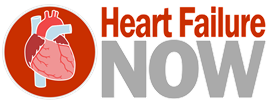Premier - Local Cardiologist
-
Heart Valve Surgery
Heart valve surgery is a procedure to treat heart valve disease. Heart valve disease involves at least one of the four heart valves not working properly. Heart valves keep blood flowing in the correct direction through your heart. Heart Beat Now
-
What is a Heart Valve Replacement Operation?
Heart valve surgery or valve replacement surgery in cardiac surgery is a very common procedure. Almost as equal but if not pretty close to coronary artery bypass surgery. So the other most common type of valve that will be used for replacement is what we call tissue or valve prosthesis.
The most common tissues are cow tissue, made of the heart sac of the cow, or pig valve, and sometimes a combination of both.









